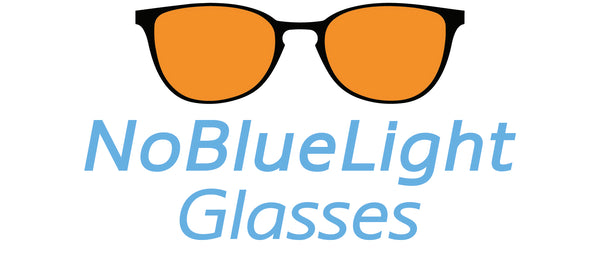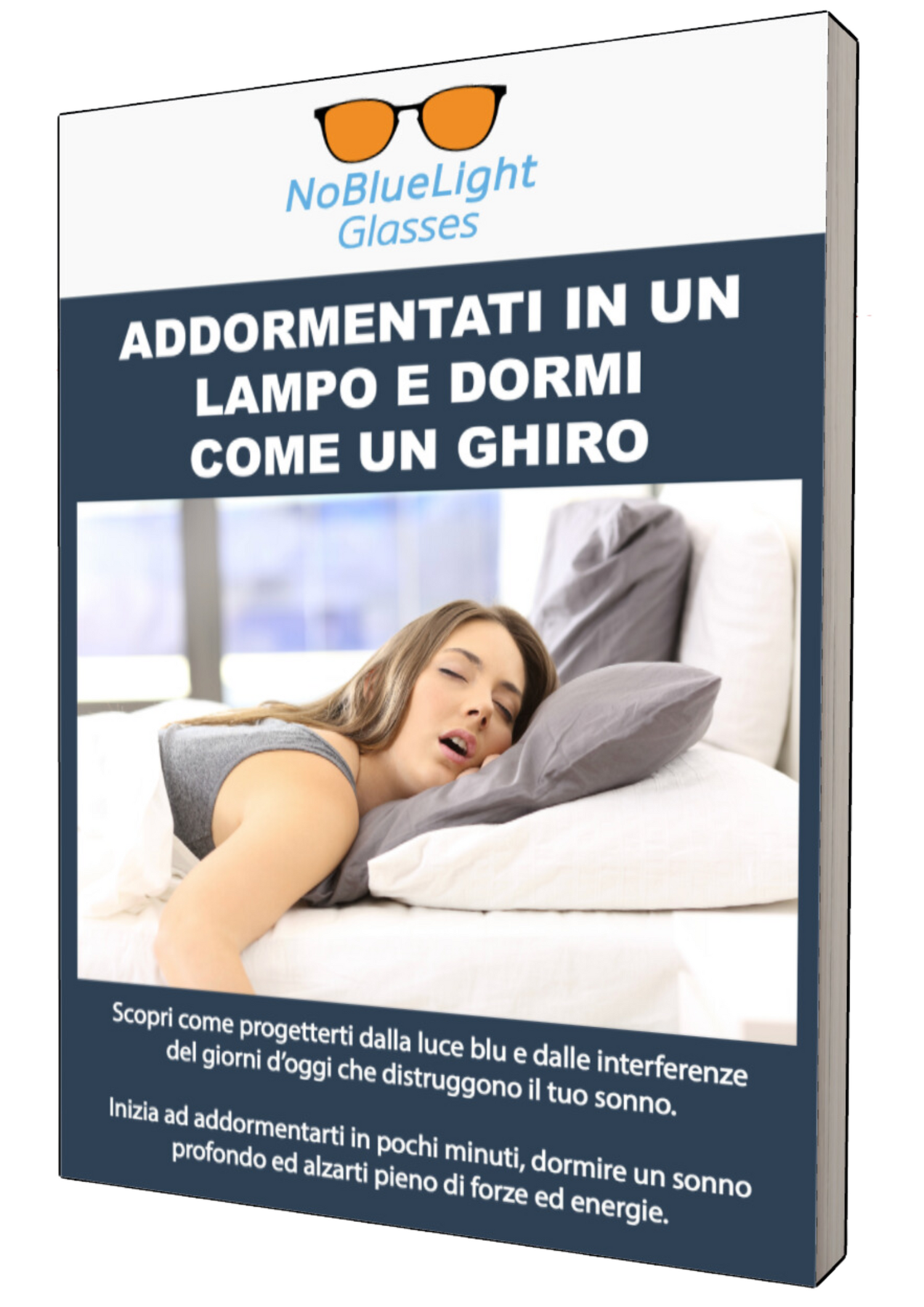
How to fall asleep quickly ?
Share
Difficulty falling asleep quickly is an increasingly common problem.
Imagining closing your eyes and being able to fall asleep in 5 minutes (or less) seems like a dream to many people.
For a few decades now More and more people are struggling to fall asleep in just a few minutes and often they don't understand what the cause of this problem might be.
Some people believe that the reason is stress, age or eating habits.
In reality, the cause is another...
A study by the Sleep Foundation has discovered the cause of this problem

Smartphones, PCs, tablets and TVs have been identified as the culprits of this problem according to this study published on Sleep Foundation...
Why?
The reason is very simple.
Our devices such as smartphones, PCs, tablets and TVs emit dangerous amounts of blue light.
Blue light reduces the feeling of drowsiness that is responsible for making us fall asleep quickly in the evening.
But... what is blue light and why does it prevent us from falling asleep quickly?
Blue light is a component of the visible light spectrum.

In nature It is emitted only by the sun during the central hours of the day.
What is it for and why do we care about it in order to fall asleep quickly?
The job of blue light is to tell our brain that it’s daytime, and therefore keep us awake and active.
To do this, our brain produces cortisol, also known as the stress hormone.
In the evening, however, the absence of blue light blocks the production of cortisol, with the aim of making us relax and prepare for sleep.
When it detects the absence of blue light, our brain also produces melatonin, the sleep hormone, which has the task of making us fall asleep quickly and of making us sleep in a deep and regenerating way.

Or rather... this was what our body did until a few years ago...
Exposure to the blue light emitted nowadays by our smartphones, PCs, TVs and electronic devices in the evening, communicates the wrong signal to our brain:
By detecting blue light through our eyes, our brain continues the production of cortisol and blocks the production of melatonin, the hormone responsible for making us fall asleep in a few minutes.
According to studies, this requires a longer time to fall asleep, in addition to being able to cause other problems...

Low melatonin levels caused by exposure to blue light, in addition to preventing us from falling asleep quickly, reduce the time spent in slow sleep phases and REM sleep.
The consequence?
Since these are the deep recovery phases for our body, we will wake up less rested and not at full energy.
This can lead to drowsiness, a lack of desire to do things and poor productivity.
Failure to fall asleep quickly means sleeping fewer hours and spending less time in the most important and regenerating phases of sleep…





















